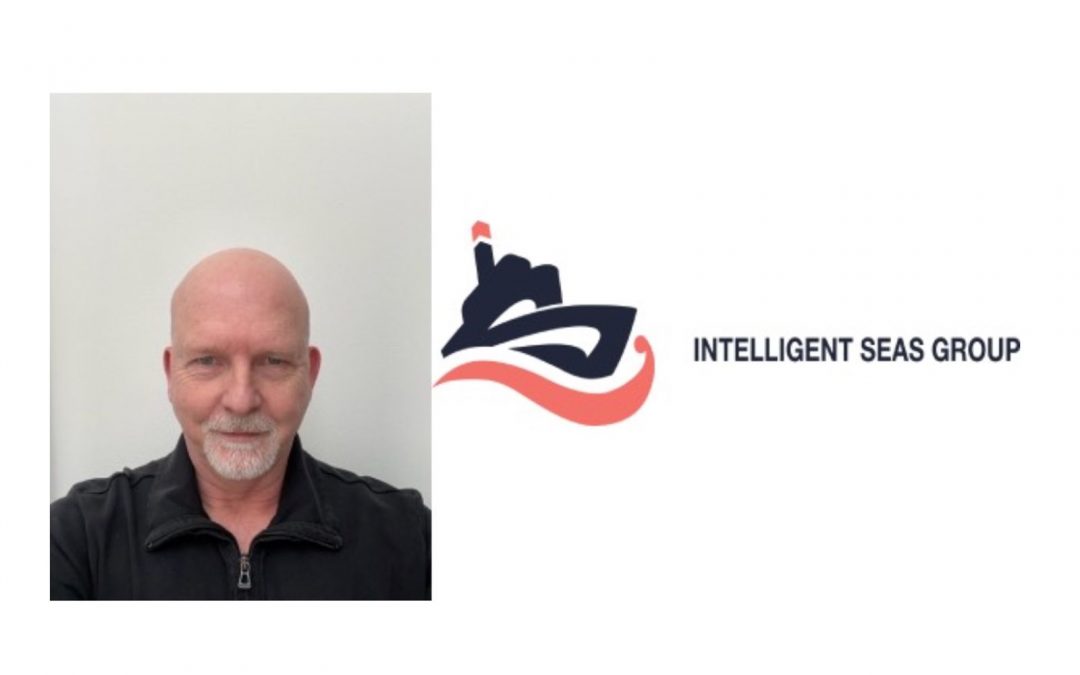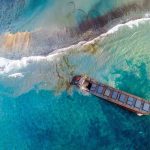Intelligent Seas Group (ISG), the innovative digital and blended learning provider, has transformed the way STCW updating courses are delivered to the maritime market, in a move that dramatically reduces the time needed at a physical training location, significantly reduces the overall training cost proposition by up to 70% and, at the same time, has a major reduction in the overall carbon footprint associated with travel and training.
These essential update courses, which occur every five years, traditionally cover five days of classroom/practical training to ensure the trainees are up to speed in a variety of disciplines: Proficiency in Personal Survival Techniques Updating; Proficiency in Fire Prevention and Fire Fighting Updating; Proficiency in Advanced Fire Fighting Updating; Proficiency in Fast Rescue Boat; and Proficiency in Survival Craft and Rescue Boat.
However, according to Tim Love, Managing Director, ISG’s blended learning offering for the mandatory STCW updating courses, drives in the necessary training quality needed while saving time and cutting costs.
So effective have the courses been, that ISG’s solution has been approved by the Bahamas Maritime Authority, one of the World’s biggest flag administrations, as meeting the STCW standards.
ISG has developed interactive and engaging online courses that deliver all theoretical elements of these courses over 15 hours, that can be undertaken anywhere and anytime where the learner has an internet connection.
Practical competence-based elements of all five courses have been condensed into an optimised one-day practical session, which can be completed in as little as 90 minutes up to a maximum of one full day at a practical training centre, delivered via a global network of audited and approved training partners. Customers can also nominate their current training providers to deliver the practical element if they are already an STCW-approved training facility.
Tim Love, Managing Director, ISG
For the first time ever, all participants enjoy the same underpinning knowledge through the interactive courses, whereas before, every IMO / STCW prescribed standard could be interpreted by different member states differently. And the practical elements are very prescriptive and audited, creating a real first global standard.
According to Mr Love, this model reduces training time from five days to just one and significantly reduces total training costs.
“The online theory can be undertaken at home, in the office or on the vessel, and this model provides a standard offering for all elements of this syllabus, allowing international companies to achieve standardisation across their entire global operations,” he said.
Seafarer welfare will also be improved by reduced time away from home through onsite location training; reduced travel time; the potential to do some courses fully remotely as well as onboard ship; all with safety at the forefront through reduced contact time.
Martin White, co-founder, said: “This was a very natural step for us to take with the concept being born out of our previous success leading the UK market in STCW practical updating courses, and now, through ISG, with its focus on leading the market in developing digital learning solutions for the new world in the maritime industry. The future of digital learning is more important than ever to the industry as technologies rapidly advance to allow capability in the quality delivery of remote training. And it offers a real chance to keep up with the pace of change in the maritime sector, aligning advancements in shipping with the work needed to prepare the seafarer for the future.”
ISG has been born from a background of digital learning, marine experience, and training and competence experience across multiple industries. Its team has worked for, and owned, some of the most successful global companies involved in online learning and competence management, and comprises Masters, Chief Engineers and lecturers from world-renowned maritime colleges all over the world.
According to Mr Love, its mission is to challenge the status quo in maritime training and competence and to develop new ways of working that drive improved knowledge, skills and safety performance whilst also driving logistical efficiencies through to its customers.
Source: Hellenic Shipping News






